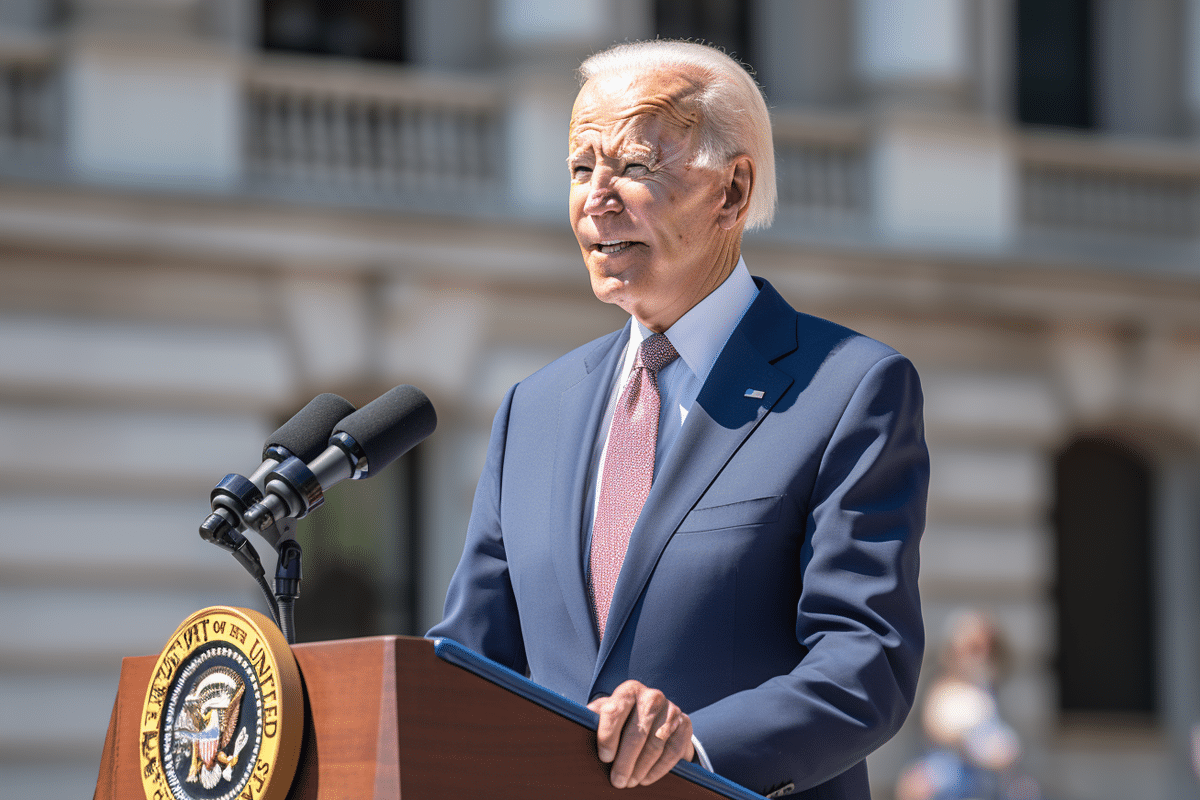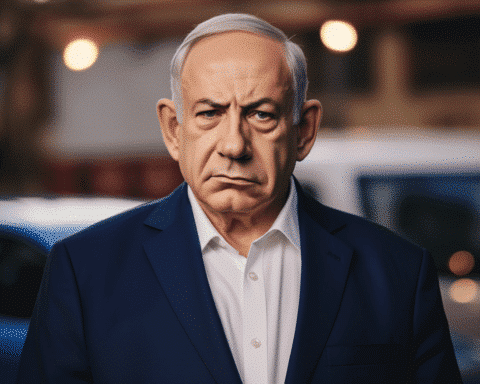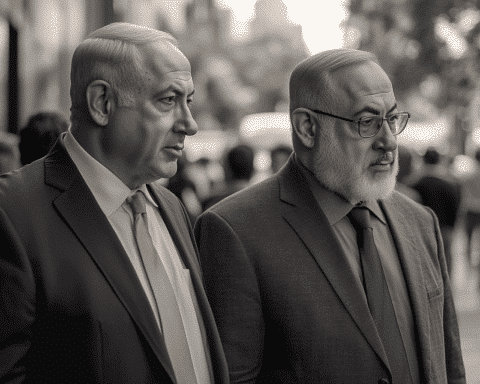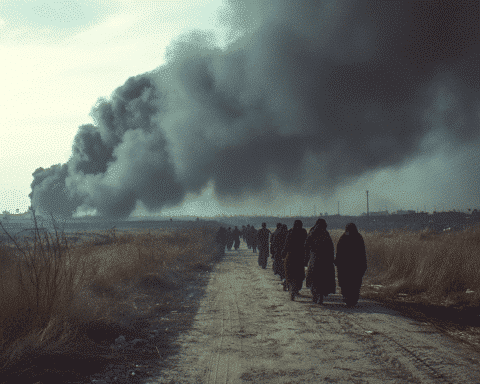President Joe Biden has voiced cautious optimism regarding the potential for a ceasefire and hostage release deal between Israel and Hamas. Speaking from the Oval Office, Biden stated, “We are closer than we’ve ever been” to an agreement, though he remains wary of premature celebrations, acknowledging that “We may have something, but we’re not there yet.” This statement comes after two days of intense negotiations in Doha, with plans to continue discussions in Cairo next week.
Renewed Hope for Peace
The recent talks in Qatar, mediated by the United States, Egypt, and Qatar, have brought a glimmer of hope to the ten-month-old conflict between Israel and Hamas. Biden emphasized the proximity of a breakthrough, saying that a ceasefire is “Much, much closer than it was three days ago.” However, history cautions that optimism can quickly fade, as previous talks have often collapsed before reaching a final agreement.
Mediators Push for a Ceasefire
Mediators have been working tirelessly to craft a three-phase plan that could lead to a lasting ceasefire, the release of hostages, and the withdrawal of Israeli forces from Gaza. Despite these efforts, challenges remain, as Hamas has proposed amendments, and Israel has sought clarifications on the plan. “Senior officials from our governments will reconvene in Cairo before the end of next week to conclude the deal under the terms put forward today,” the mediators stated. However, Hamas has expressed skepticism about the current proposal, casting doubt on the immediacy of an agreement.
International Reactions and Concerns
As the conflict drags on, international leaders have intensified their diplomatic efforts to prevent further escalation. After meeting with Israeli officials, British Foreign Secretary David Lammy and French Foreign Minister Stéphane Séjourné expressed hope that a deal was within reach. Lammy urged, “The time for a deal for those hostages to be returned, for aid to get in, in the quantities that are necessary in Gaza, and for the fighting to stop is now.” Both ministers underscored the urgency of the situation, with Séjourné stating that this moment could “lead to peace or war.”
Hezbollah and Regional Tensions
While negotiations continue, tensions remain high, particularly with Hezbollah in Lebanon. The group, backed by Iran, has warned of further retaliation against Israel if the conflict continues. In a provocative move, Hezbollah released a video showing long-range missiles capable of striking deep inside Israel. The potential for the conflict to widen, involving other regional powers, underscores the fragile nature of the current situation.
The path to a ceasefire and the release of hostages between Israel and Hamas is fraught with challenges, but the latest negotiations offer a glimmer of hope. President Biden cautiously noted, “We are closer than we’ve ever been,” yet the complexity of the situation requires careful navigation. The coming days will determine whether this fragile optimism can translate into lasting peace. The world watches closely, hoping for an end to the devastating conflict that has gripped the region for nearly a year.




